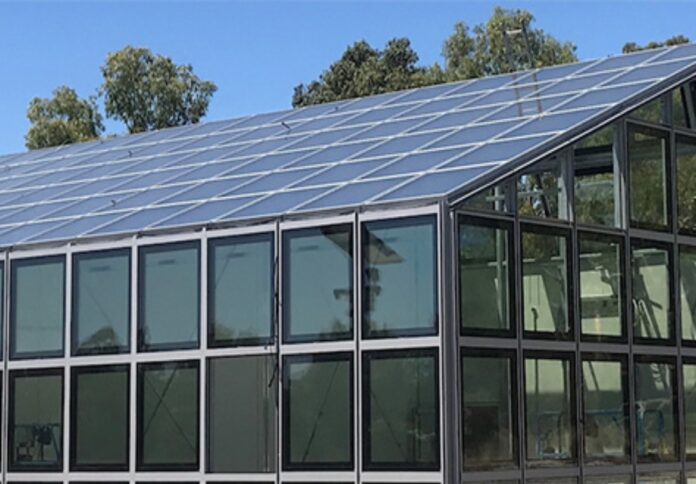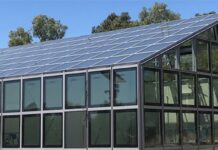
Perth-based solar window company ClearVue Technologies has secured a double win in Hong Kong – a tender to conduct a solar glass study of its products at a government department headquarters and the island’s government agreement to cover the research costs.
The paid measurement and verification study (M&V Study) will include the installation of five ClearVuePV integrated glazing unit (IGU) panels, comprising approximately 13.2 square metres at the Electrical and Mechanical Services Department’s (EMSD) headquarters in Kowloon, Hong Kong.
The study, which costs HK$383,000 (AUD $72,000), will involve the design, supply, delivery and installation of the ClearVue solar glazing which will be compared against existing adjacently installed conventional glazing, according to a press release.
“ClearVue is pleased to have been selected by the Hong Kong Government to complete this study on the role solar glazing can have in assisting the government of Hong Kong in achieving its decarbonization goals on the road to net-zero,” ClearVue Technologies executive chair Victor Rosenberg said.
According to Rosenberg, the decision by EMSD to use the ClearVue product for the study shows how the solution is now viewed globally as one of only a few commercially available glazing products that offer a compelling energy-efficiency solution for advanced building envelope design.
The completion of the study – which will run for 12 months – will provide the necessary data to determine the suitability of CPV technology for use in future Hong Kong Government building projects.
The ASX-listed company said its cutting-edge glass technology promises to maintain glass transparency and building aesthetics while producing “green” electricity from the sun.
In particular, IGUs from ClearVue have windows with PV cells embedded in them.
Patented and exclusive nano and microparticles are included in a lamination interlayer that is sandwiched between the glass panels of the IGU.
Moreover, the back of the IGU is coated with a spectrally selective material.
To date, ClearVue said it has worked closely with experts from the Electron Science Research Institute, Edith Cowan University (ECU) in Perth, Western Australia to develop the technology.
















